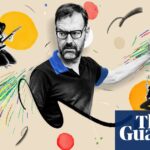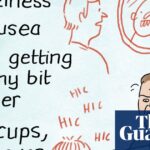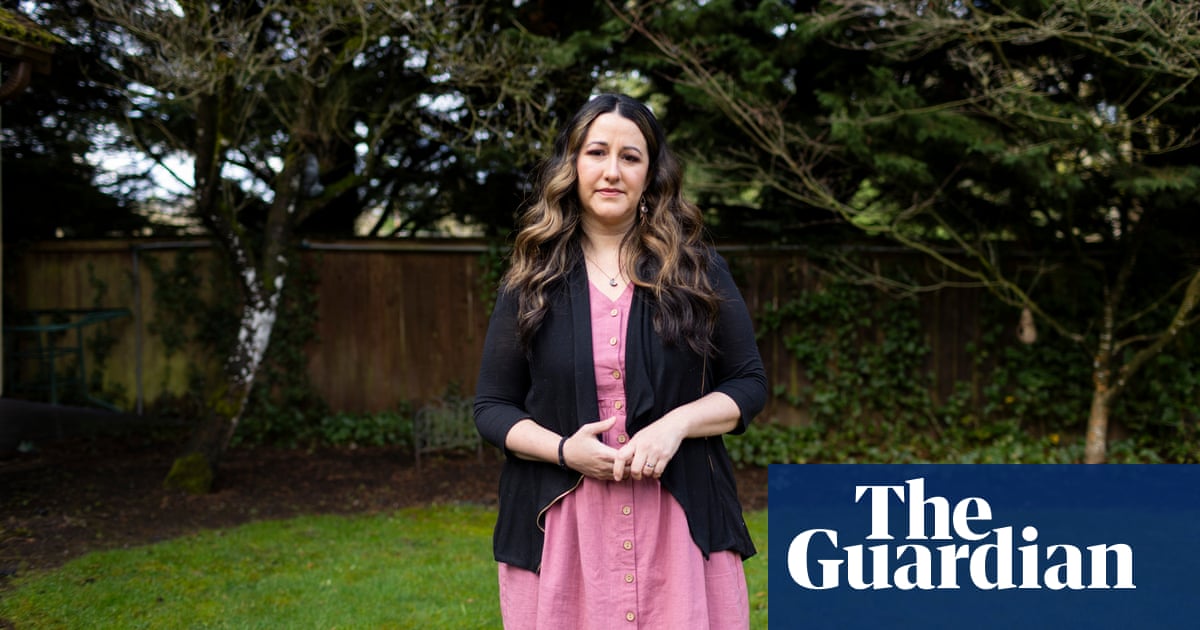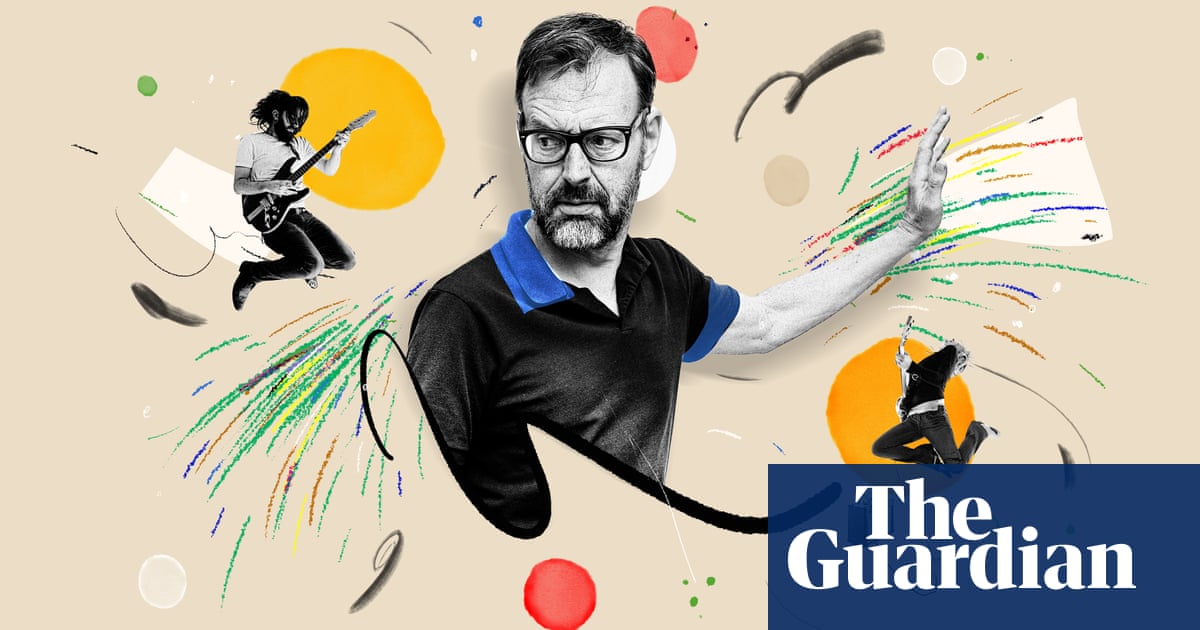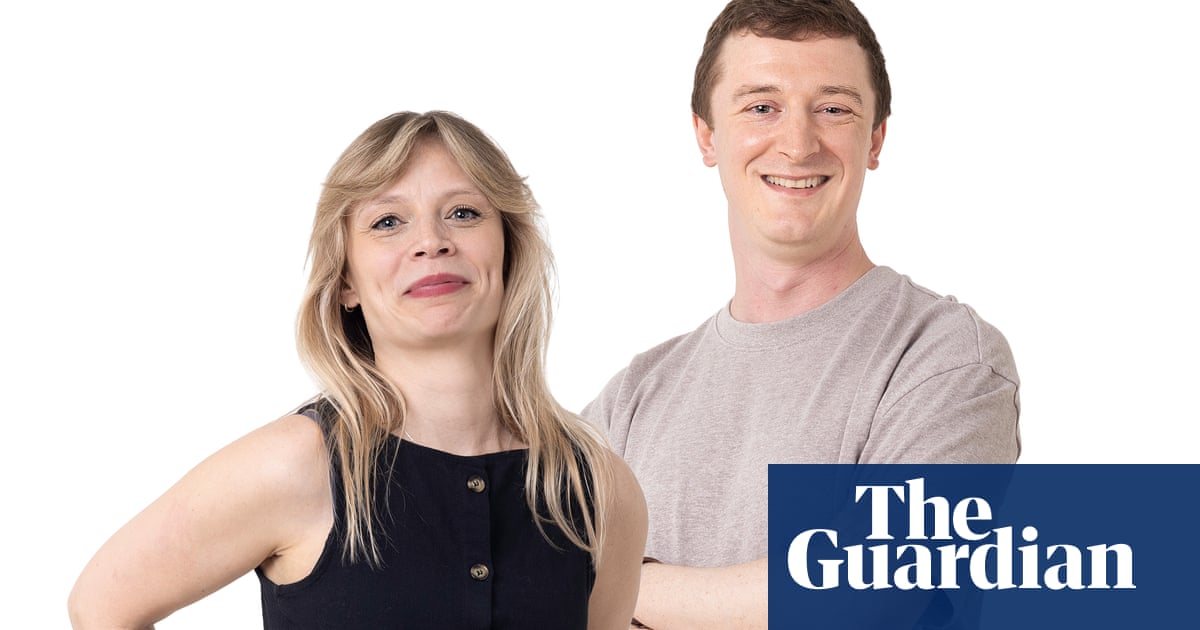It was a cool May afternoon in 2002. I was 19 and had driven to Westport beach in Washington with a few friends to enjoy a day by the ocean.
As a child, I’d been a keen gymnast, always doing backflips and energetic routines. As I got older, I still had a habit of doing cartwheels whenever I found an open space. That day on the beach, on the soft, flat sand, I couldn’t resist.
I ended up doing 13 in a row, collapsing into giggles afterwards. My friend ran over to help me up, laughing, too. Overcome with dizziness, I noticed something strange: I couldn’t see my friend’s face. It was an orange blur. My peripheral vision seemed normal, but when I focused directly on her, there were no details. I shook my head, but the sensation didn’t fade.
We joked that maybe I needed to do 13 cartwheels in the opposite direction to unscramble my brain. I lay down on a blanket and we stayed at the beach for another hour or so, but my eyesight wasn’t getting any better. I was a little concerned, but tried to stay calm. I wasn’t in any pain and told my friends not to worry.
I began to panic only when we wandered along a shopping street later that day and I found it difficult to read even simple signs. Every time I tried to focus on text or details, the same orange blur obscured my vision. When I got home in the evening, I told my mum what had happened. She was concerned and said if it was still bad in the morning, we’d go to the hospital. I tried to convince myself that sleep might help.
But the next morning, it felt even worse. My stepdad noticed that I was struggling with basic tasks and took me to the emergency room. After examining my eyes, the doctors’ initial diagnosis was that I had sustained sun damage to my retinas and it might take a couple of weeks to heal. Hearing this was distressing, especially with my final exams looming.
It turned out to be even worse than I feared. After consulting an ophthalmologist, it transpired that I had ruptured blood vessels in my macula, the central part of the retina responsible for detailed vision. The amount of blood was small – like a tiny ink dot – but enough to block my central vision. She said it would take far longer than two weeks to heal: if I was lucky, I might be able to see again in three months. I was legally blind – I wouldn’t be able to drive, finish my studies or watch TV. I was devastated.
I was forced to rely on others for simple tasks, such as making lunch or sending a text. I hardly left the house. My friends rallied round and I tried to stay positive, but it was hard.
It took a long time, but the blood gradually reabsorbed and my sight slowly began to improve. Three months later, my central vision returned. Still, the experience had a lasting impact. I developed early-onset macular degeneration – a condition that, at 42, leaves me with the eyes of an 80-year-old.
In the years that followed, I experienced milder episodes of vision loss. On one occasion, it happened during a spirited singalong in the car with a friend, but just for a few days; another time, while I was weeding blackberry bushes.
When I became pregnant, I was advised that the strain of labour could trigger another episode. I opted for a scheduled C-section – I couldn’t bear the thought of not being able to see my son for the first few months of his life.
after newsletter promotion
I never felt angry about my condition, but I did want answers about why it happened. My grandmother told me that a similar issue had affected a distant family member, suggesting that it might be genetic.
For now, doctors are monitoring my condition carefully, but there’s a risk the complications could return. I can’t bear the thought of what I’d miss if I lost my eyesight for ever. I’m more cautious doing physical activity and avoid anything that might cause a rush of blood to my head.
It’s now been more than two decades since I attempted a cartwheel. At times, I miss it. But some things simply aren’t worth the risk, no matter how joyful they once felt.
As told to Sophie Haydock
Do you have an experience to share? Email experience@theguardian.com

